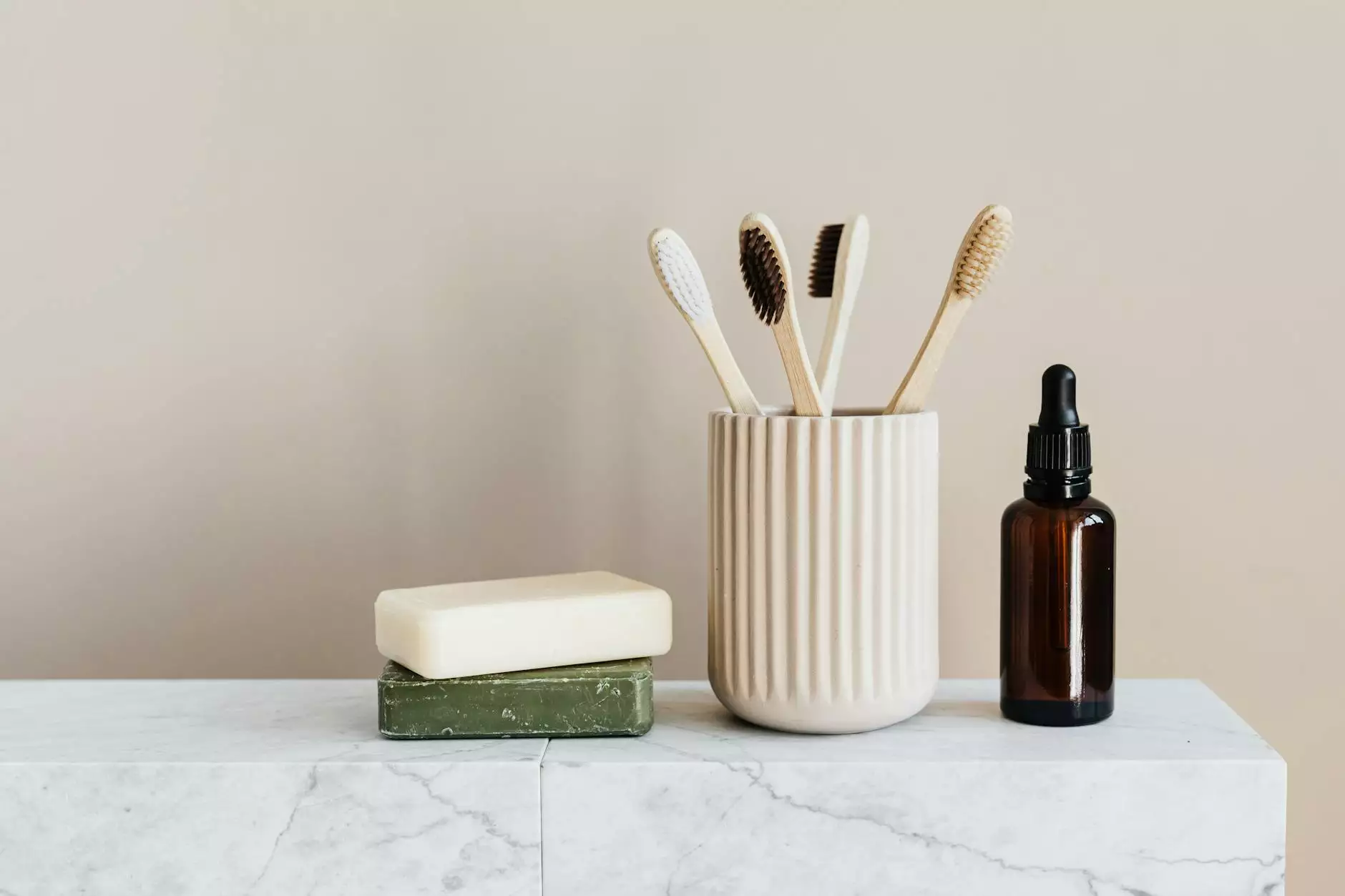Zirconia Crowns vs Porcelain Crowns

When it comes to dental crowns, two popular options that patients often consider are zirconia crowns and porcelain crowns. Each type of crown has its own unique characteristics, benefits, and considerations. In this comprehensive guide, we will delve into the key differences between zirconia crowns and porcelain crowns to help you make an informed decision for your dental treatment.
Composition and Strength
Zirconia Crowns: Zirconia crowns are made from a type of ceramic known as zirconium dioxide. This material is incredibly strong and durable, making zirconia crowns a popular choice for dental restorations that require strength and longevity. Zirconia crowns are known for their high resistance to chipping and cracking, making them an excellent option for patients who need a reliable dental solution.
Porcelain Crowns: Porcelain crowns, on the other hand, are made from dental porcelain, which is known for its natural appearance and translucency. While porcelain crowns may not be as strong as zirconia crowns, they can be customized to match the color and texture of natural teeth, providing a seamless and aesthetic solution for visible teeth.
Appearance and Aesthetics
When it comes to aesthetics, both zirconia crowns and porcelain crowns offer excellent options for restoring the appearance of damaged or discolored teeth. Porcelain crowns are particularly favored for their ability to mimic the natural look of teeth, blending seamlessly with the surrounding dentition. Zirconia crowns, while highly durable, may not offer the same level of translucency as porcelain, which can affect their aesthetic appeal in some cases.
Biocompatibility and Allergies
Zirconia Crowns: Zirconia crowns are known for their biocompatibility and hypoallergenic properties. This means that zirconia is less likely to cause allergic reactions or irritations in patients with sensitivities to certain metals or materials. Zirconia crowns are considered a safe and non-reactive option for dental restorations.
Porcelain Crowns: Porcelain crowns are also biocompatible and well-tolerated by the majority of patients. However, some individuals may have allergies or sensitivities to certain components in porcelain materials. It is important to inform your dentist of any known allergies before undergoing treatment with porcelain crowns.
Cost and Longevity
Zirconia Crowns: Due to their high-quality materials and advanced manufacturing processes, zirconia crowns tend to be more expensive than porcelain crowns. However, the investment in zirconia crowns can pay off in the long run due to their exceptional durability and longevity. Zirconia crowns are known to last for many years with proper care and maintenance.
Porcelain Crowns: Porcelain crowns are a more cost-effective option compared to zirconia crowns, making them a popular choice for patients who prioritize affordability. While porcelain crowns may not last as long as zirconia crowns, they can still provide excellent durability and functionality when well-maintained.
Conclusion
Ultimately, the choice between zirconia crowns and porcelain crowns depends on a variety of factors, including your dental needs, budget, aesthetic preferences, and long-term goals. Both types of crowns offer unique benefits and considerations, so it is important to consult with your dentist to determine the best option for your individual case.
At Chiswick Park Dental, our experienced team of dentists specializes in providing high-quality dental crowns and restorations tailored to each patient's specific needs. Whether you opt for zirconia crowns or porcelain crowns, you can trust us to deliver exceptional results that enhance your smile and oral health.
For more information about zirconia crowns, porcelain crowns, or any other dental services we offer, please contact us or visit our website at Chiswick Park Dental.
zirconia crowns vs porcelain crowns








